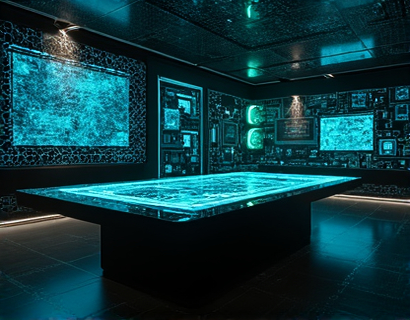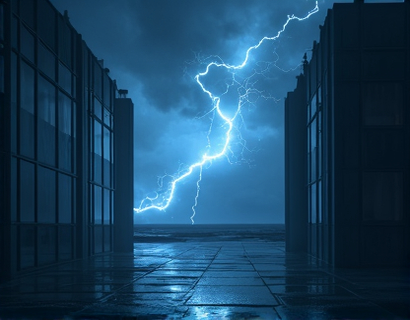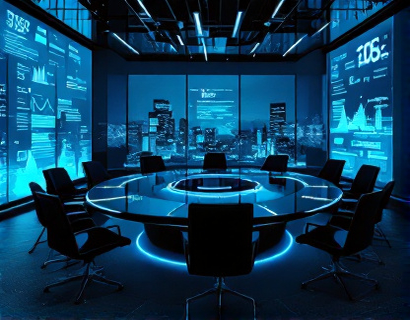Exploring the Depths of Television: Insights for Enthusiasts and Students
The world of television has evolved dramatically over the past few decades, transforming from a medium primarily used for broadcasting live events and simple dramas to a complex, multifaceted industry that encompasses a wide range of genres, styles, and storytelling techniques. For enthusiasts and students alike, delving into the intricacies of TV shows and the entertainment industry can be both an educational and entertaining endeavor. This article aims to provide a comprehensive guide, leveraging expert insights and tailored guidance to help users navigate this vast landscape safely and securely.
Understanding the Landscape of Television
The television landscape is diverse, with offerings that cater to every possible interest and demographic. From scripted dramas and comedies to documentaries and reality shows, the variety is staggering. Each genre has its unique characteristics, production methods, and audience engagement strategies. For students studying media, communications, or film, understanding these differences is crucial for analyzing and critiquing television content effectively.
One of the key aspects of television is its ability to reflect and influence society. Shows often tackle social issues, cultural norms, and political themes, providing a platform for discussion and debate. For enthusiasts, this means there is always something new to explore and discuss. Whether it's the nuanced character development in a drama series or the satirical edge of a comedy sketch show, television offers a rich tapestry of content to analyze and enjoy.
Expert Insights into TV Show Production
Behind every successful TV show lies a complex production process involving numerous professionals, from writers and directors to actors and production designers. Understanding this process can enhance one's appreciation of the final product. Expert insights reveal the meticulous planning, creative decisions, and logistical challenges that go into bringing a script to life.
For instance, the writing process for a TV show is often collaborative, with writers working in teams to develop episodes and seasons. The script must balance dialogue, action, and pacing to keep viewers engaged. Directors then interpret these scripts, working closely with the cast to bring the story to life. Production design, including sets, costumes, and special effects, plays a crucial role in setting the tone and atmosphere of each episode.
Interviews with industry professionals, such as showrunners, directors, and writers, can provide valuable insights into these processes. These interviews often highlight the creative and technical challenges faced during production and offer a behind-the-scenes look at how a show is made. For students, these insights can be particularly useful for understanding the practical aspects of storytelling and media production.
Analyzing TV Show Genres
Television genres range from the familiar to the experimental, each with its own set of conventions and audience expectations. Drama series, for example, often focus on character development and complex story arcs, while comedy shows aim to entertain through humor and situational irony. Science fiction and fantasy genres allow for imaginative world-building and explore themes of technology, morality, and human nature.
Each genre has its own set of best practices and narrative techniques. For instance, crime dramas typically follow a mystery structure, building tension and suspense as the plot unfolds. In contrast, sitcoms rely on recurring characters and situations, using humor to create relatable and often exaggerated scenarios.
Understanding these genre-specific elements can help viewers and students appreciate the craft behind each show. It also provides a framework for critical analysis, allowing one to evaluate how effectively a show adheres to or subverts genre conventions. This knowledge can be particularly useful for students in media studies, as it forms the basis for analyzing and discussing television content.
The Impact of Television on Society
Television has a profound impact on society, shaping cultural norms, influencing public opinion, and reflecting societal changes. Shows that address social issues, such as race, gender, and sexuality, can spark important conversations and promote empathy and understanding. For example, series like "Parks and Recreation" and "The Good Place" have been praised for their progressive themes and diverse representation.
Moreover, television can serve as a mirror to society, highlighting both its strengths and flaws. Documentary series, such as "Planet Earth" and "Making a Murderer," offer in-depth explorations of real-world topics, educating viewers and sometimes even influencing policy and public perception. These shows demonstrate the power of television as a tool for storytelling and social commentary.
For students, examining the societal impact of television can provide a deeper understanding of media's role in shaping culture and public discourse. It also offers opportunities to explore the ethical considerations involved in creating and consuming media content.
Resources for Enthusiasts and Students
For those looking to delve deeper into the world of television, a variety of resources are available. Online platforms, books, and academic journals offer a wealth of information on TV shows, production techniques, and media theory. Here are some recommended resources:
- Online Platforms: Websites like IMDb, Rotten Tomatoes, and Metacritic provide detailed information on TV shows, including ratings, reviews, and behind-the-scenes content.
- Books: Titles such as "The Complete Guide to TV Acting" by Michael Trim and "Story: Substance, Structure, Style, and the Principles of Screenwriting" by Robert McKee offer valuable insights into the craft of television.
- Academic Journals: Publications like "Television Studies" and "Journal of Broadcasting & Electronic Media" publish scholarly articles on various aspects of television, making them excellent resources for in-depth research.
- Podcasts: Shows like "The Film Show" and "The TV Critic" offer critical analyses and discussions about current and classic TV series, providing a more conversational and accessible approach to media studies.
These resources can help enthusiasts and students expand their knowledge and develop a more nuanced understanding of television. Whether it's exploring the technical aspects of production or delving into the cultural impact of specific shows, there is always more to learn and discover.
Creating a Safe and Educational Environment
For younger audiences and students, it is essential to ensure that the exploration of television and the entertainment industry is both safe and educational. A content-verified platform can provide a secure environment where users can access accurate and age-appropriate information.
Such a platform would feature a child-friendly version with content filtered to remove inappropriate material and include educational content tailored to different age groups. This ensures that children can explore their interests in a controlled and supervised manner, fostering a love for media studies without exposing them to unsuitable content.
Additionally, the platform could offer guided tours, interactive quizzes, and educational modules to enhance the learning experience. These features can help students engage with the material actively, promoting a deeper understanding of television and its role in society.
Conclusion
Television remains a powerful and influential medium, offering endless opportunities for exploration and learning. For enthusiasts and students, delving into the world of TV shows and the entertainment industry can be a rewarding and enriching experience. By leveraging expert insights, analyzing genre-specific elements, and understanding the societal impact of television, one can gain a comprehensive and nuanced perspective on this dynamic field.
With the right resources and a safe, educational environment, the journey into the world of television can be both enjoyable and informative. Whether you're a seasoned enthusiast or a curious student, there is always more to discover and appreciate in the ever-evolving landscape of TV shows and entertainment.










































